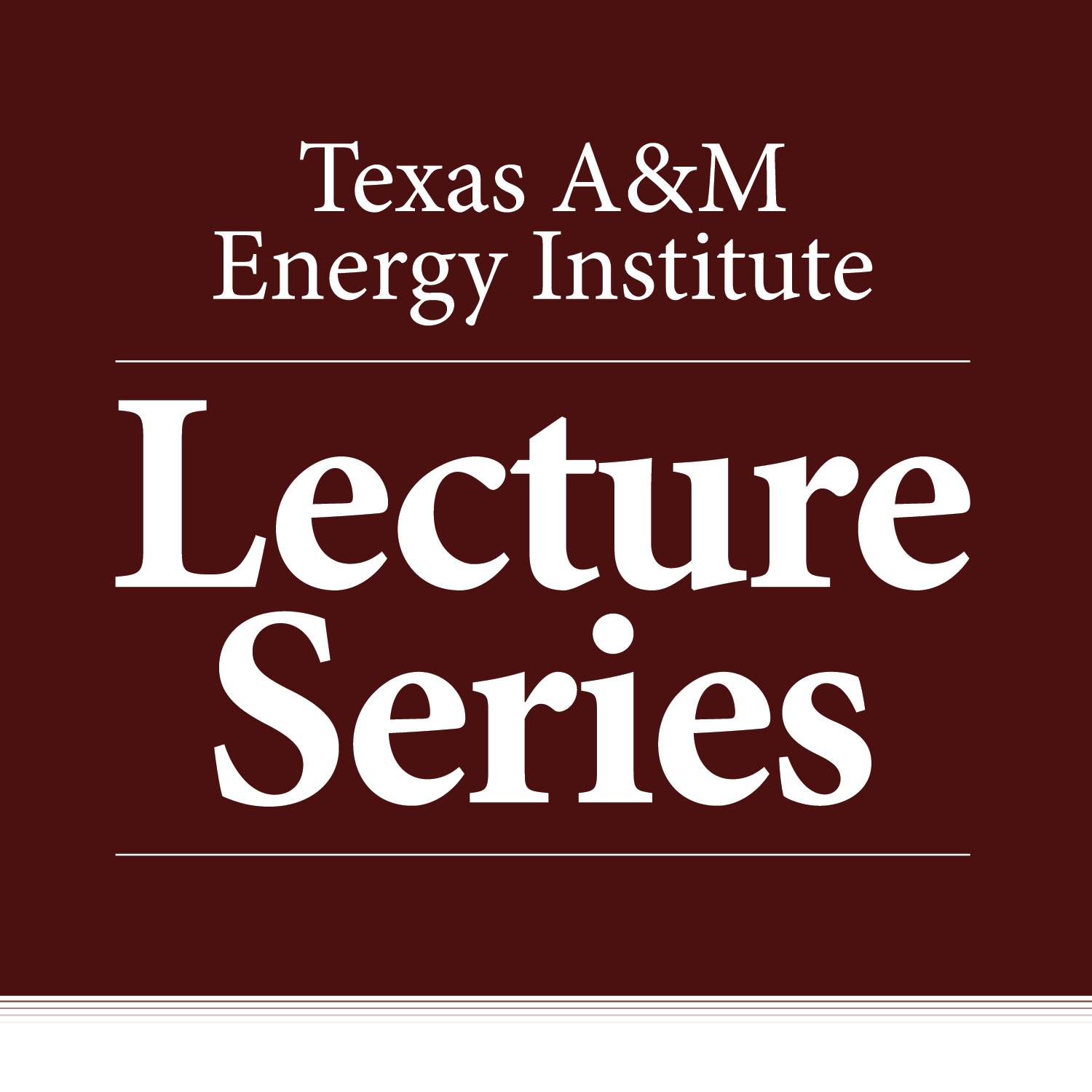
Pharma 4.0: Advancing the Current State of the Art Through Process Systems Engineering Approaches
The next presentation in the Texas A&M Energy Institute Lecture Series, featuring Maria M. Papathanasiou, a Research Associate at the Department of Chemical Engineering at Imperial College London, will be held on Tuesday, November 6, 2018 from 12:30 PM – 1:30 PM in the Frederick E. Giesecke Engineering Research Building (GERB) Third Floor Conference Room. The topic will be “Pharma 4.0: Advancing the Current State of the Art Through Process Systems Engineering Approaches.”
Biography
Dr. Maria Papathanasiou holds a Ph.D. in process systems engineering and is currently a full-time research associate in the Department of Chemical Engineering at Imperial College London, working with Prof. Nilay Shah.
Her primary research focus is the modeling and optimization of CAR T cell supply chain models with key objectives: (i) scalability, (ii) cost efficiency, (iii) timely delivery of therapies and (iv) minimization of risk of product loss. Other research areas include the development of mathematical tools for optimization, monitoring, and control in pharmaceutical and biopharmaceutical manufacturing.
Abstract
Recent trends suggest the need for modernization of processes across the pharmaceutical industry. The newly adapted term of “Industry 4.0” refers to the digitalization and automation of the manufacturing world and introduces autonomous computerized processes. In healthcare, people are also talking about Pharma 4.0, which is the application of Industry 4.0 in pharmaceutical manufacturing and beyond. The pharmaceutical industry has been amongst the forerunners in the field, adopting digitalized processes that can lead to improved process efficiency, reduced efforts, and increased profits. The adaptation of digitalization in pharmaceutical manufacturing will also be key for the seamless data exchange across the supply chain, as it will allow connectivity of process, product, and people. The Internet of Things can also assist with real-time monitoring of storage conditions that are critical for sensitive pharmaceutical products with short shelf-lives, increasing thus drug safety. Moreover, real-time tracking and continuous monitoring of manufacturing equipment and personnel will enable faster time-to-market for pharma products.
In this talk we will investigate Process Systems Engineering (PSE) advancements in the pharmaceutical value chain, with a special focus on two of the most trending concepts currently in pharmaceutical manufacturing: (a) continuous manufacturing and (b) personalized therapies. Starting from the continuous operation, we will discuss the benefits and bottlenecks of its application in the production of high-value biologics and examine the advantages of PSE approaches in the field. The latter will be presented through a detailed case study on the development of advanced control strategies for a continuous purification process used for the separation of biological mixtures. Following that, we will visit concepts related to the delivery of patient-specific drugs and therapies to the patients. Here, we will explore the challenges in the design of a global, generic supply chain model for the distribution of personalized therapies. As a case study, we will use the value chain of a blockbuster, cell-based, patient-specific cancer therapy.
